3 Reasons Why You Should Invest in a Better Security for Your Website
In a continuously evolving online environment, application security solutions must be on the top of your priority list. Website security requires diligence both in design and usage. We know that this topic is complex and may be confusing at times, but keep in mind that this is an ongoing process that helps you reduce the overall risk and ensure a healthy web app functionality. We recommend a systematic approach to your website security, counting all layers that need protection, and apply an in-depth strategy.
In this article, we are going to give you all the information you need to understand what threats you may encounter, where they come from, and what you can do to improve your web application security against the most popular attacks.
What is Website Security?
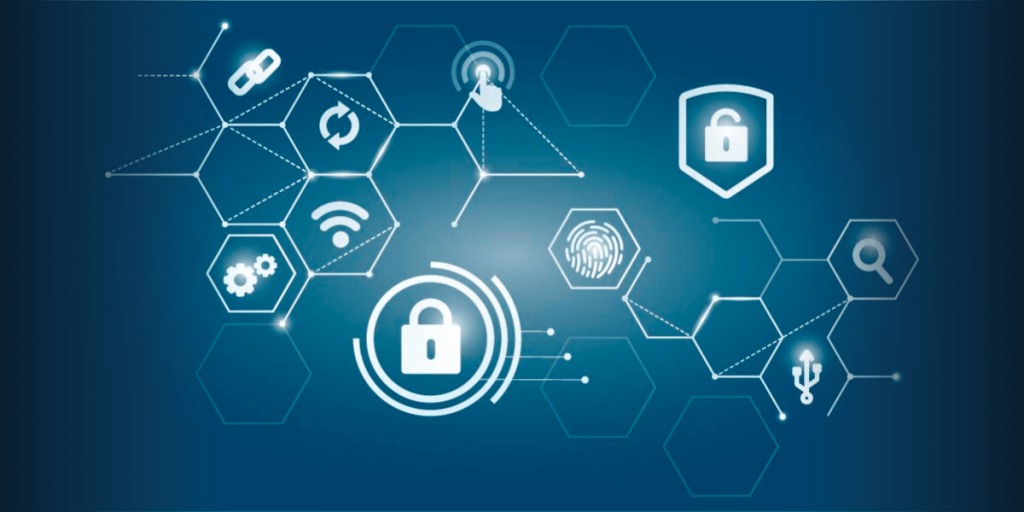
Website security incorporates all the measures taken to protect a website from cyberattacks. Website security is a crucial part of managing your site and it is an ongoing process to ensure your web data cannot be exploited in any way.
Website security will protect you from damaging information such as passwords, email addresses, credit card details, and protect websites from unauthorized access, modification, disruption, destruction, and usage.
Why Do Websites Get Attacked?

It is not that easy to have a secure online business as 30.000 websites get hacked every day. Hackers see websites as a playground where they can test their cyber attacking knowledge, and they have where to choose from, as in 2019 were over 1.94 billion launched websites.
A common misconception that business owners and administrators have, is that they would not get hacked because they have a small business and hackers prefer big businesses with a lot of information to sabotage and steal. In fact, 43% of cybercrimes are against small businesses. Small sites are as valuables as bigger sites, because the most common goals of hackers are:
- Abuse site visitors;
- Steal the information stored on the server;
- Use black-hat SEO techniques by tricking Google bots and crawlers;
- Exploiting server resources;
- Defacement (pure vandalism).
What Are the Common Security Threats?
There are plenty of hacking methods. We made a list of the most common security threats to give you an overview of what to watch out for. When taking security measures, take the following into consideration:
- Spam – a very malicious way to hack a website, especially in the form of comments. This is extremely common and bots are floating the comments section of your website by posting links to other websites in order to build backlinks. Your website will suffer because it can affect the users that interact with your content by commenting. Phishing links can include malware that harms your visitors if they interact with the links. More than that, Google crawlers can detect malicious URLs and penalize your website for spam. This will strongly affect your SEO ranking.
- Malware and viruses – malware means malicious software which is, at the core, the same thing with viruses. This threat is the biggest threat to your website as 350.000 malware samples are created each day. As the viruses come in different shapes and sizes, they represent a very big threat to your website. Most of them are used to access confidential data, use server resources, hack website permissions in order to make money by posting ads and affiliate links, inject malware into your infrastructure in different ways such as redirects, emails to employees, etc. Malware put your company and your visitors at risk. Your main responsibility is to keep your visitors safe from downloading malicious files and preventing any virus from spreading from your website to other people’s computers. Statista published a list of the most common types of security threats used in cyber attacks all over the world.
- DDoS attacks – a DDoS attack (Distributed Denial-of-Service) happens when hackers disrupt the normal website traffic by overloading the servers and flooding the internet traffic with spoof IP addresses. In the end, this attack will crash and put your website offline. The hosting provider will have to get the server backed up and running immediately, which will make the server vulnerable to malware. Besides, you will suffer a loss of revenue and the credibility of your company might decrease.
- Search Engine Blacklisting – when your website is under attack Google can penalize you and you will suffer a ranking decrease. There are multiple ways to attack websites for SEO reasons such as adding backlinks, create new web pages, display a totally different site to rank you down, and boost the ranking of other websites. Users can report your website to Google for being spammy or unsafe, and you can be added to the search engine blacklist. Once you are there, it is awfully hard to get off the list. People can report your website’s security issues on Google for web page spam (using black hat techniques such as hidden text, redirect, or cloaking, websites attempt to get a better ranking on Google); paid links spam (sell or buy links that pass Pagerank); rich snippets spam (giving false, misleading information such as fake reviews); malware (your website is infected and it is going to harm user experience); phishing (to steal your personal information, hackers design fake website and pages, such as a fake PayPal landing page, to get your bank data).
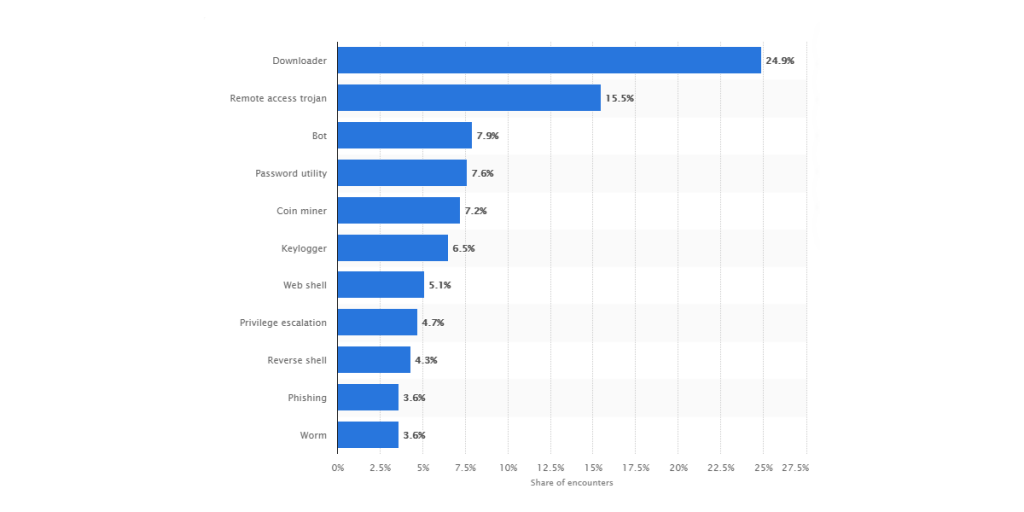
3 Reasons Why You Should Invest in Website Security
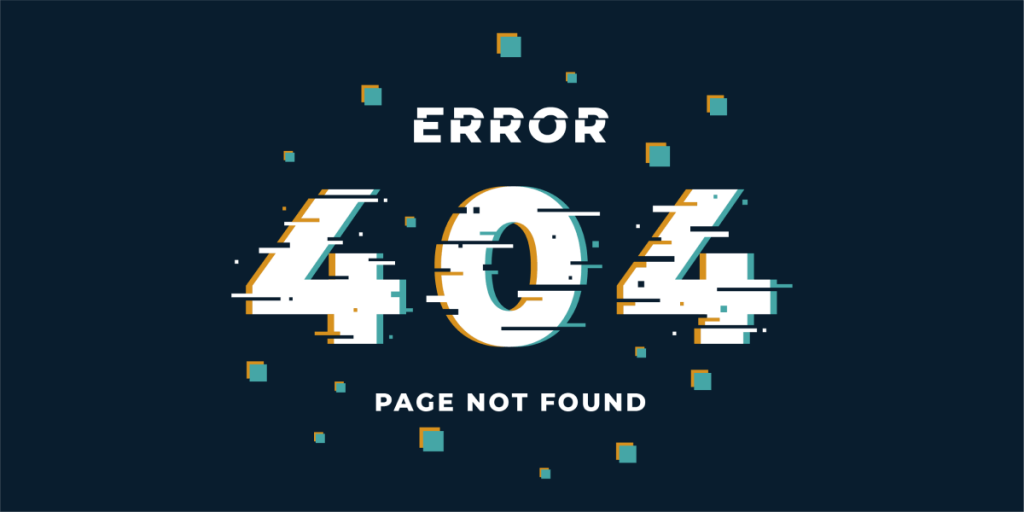
There are many reasons why you should invest in your website and application security. Protecting your company and your visitors it is crucial and having an uncaring attitude towards this aspect can have severe consequences. We would like to share with you the 3 main reasons why you should invest in better security for your website and ensure smooth business success.
1. SEO
According to GoDaddy, 73.9% of hacked websites are hacked for SEO purposes. As in today’s online environment, search engine optimization is the pillar of business growth. A rock-solid SEO strategy will put you on top of your competition by increasing conversion rate, build brand loyalty, and ensure constant traffic to your website. The impact of a hack can be devastating and your rankings will go away. The ongoing attacks from site hackers can keep Google Bots from correctly accessing your website and causing throttle (webserver will slow down) to your website traffic, which can lead to not showing your webpages to Google. Another reaction is seeing unfamiliar 404 errors on Search Console for pages that exist on your site. When the bots tried to crawl your pages, the server said that they do not exist or are missing. This issue is caused by hackers and website scrapers. This is just a small but very impactful example of how web security affects your SEO. Another way to attack a website and diminish its search engine optimization efforts and even get the website blacklisted is to add links to another website, add new pages, and even display a different site just for Google.
2. Data Protection
When we talk about data security, we refer to both your business data and your client’s data. Businesses work with a big amount of sensitive information about employees and customers. Implementing cybersecurity measures will ensure data integrity and will reduce the threat of identity theft and financial damage. By taking the right precautions, you will protect your company, your reputation, retain customers and visitors on your website. Studies show that 65% of the customers who experienced data theft from compromised websites, will not return to that site. This is a crushing number of visitors and customers to lose, especially if you are a small business. Three in ten businesses that suffered a security breach, had to inform their customers and users. This can affect the company’s reputation and jeopardize their relationship with them. If you need to develop a security policy for your site, we recommend implementing the CIA triad (Confidentiality, Integrity, and Availability). Confidentiality refers to keeping out those who are not allowed to access control of information. This can be achieved with strong passwords, usernames, and other access control components. Integrity means to make sure that the end-user receives accurate information approved by the website owner. This can be done with encryptions such as SSL (Secure Socket Layer) certificates. Availability makes sure that the data is accessed when needed.
3. Avoid Financial Damage
Cyber attacks can powerfully affect a company financially. The most common cause of financial damage is ransomware demands. These types of attacks will impact your revenue streams, can cause irreparable damage to your hardware, and small businesses can lose up to 427 dollars per minute of downtime. More than that, ransomware threats shut down one in five small businesses after the hit. Keeping up with the security vulnerabilities can be a challenge, but having a team of experts or a partner that can take care of your website security will save you a lot of money. For example for a data breach, the average global cost for every stolen or lost piece of data record that contains confidential or sensitive data is 154 $.
Hacker attacks affect the whole information spectrum and can severely damage your company’s reputation, online visibility, and website’s authority. Ignoring website security will leave you open to all kinds of attacks such as brute force attacks, injection attacks, spamming, phishing, etc. We strongly recommend you not to ignore this very important part of your online business and take all the measures of security activity to ensure the integrity, confidentiality, and availability of your website.
How to Keep Your Website Safe?
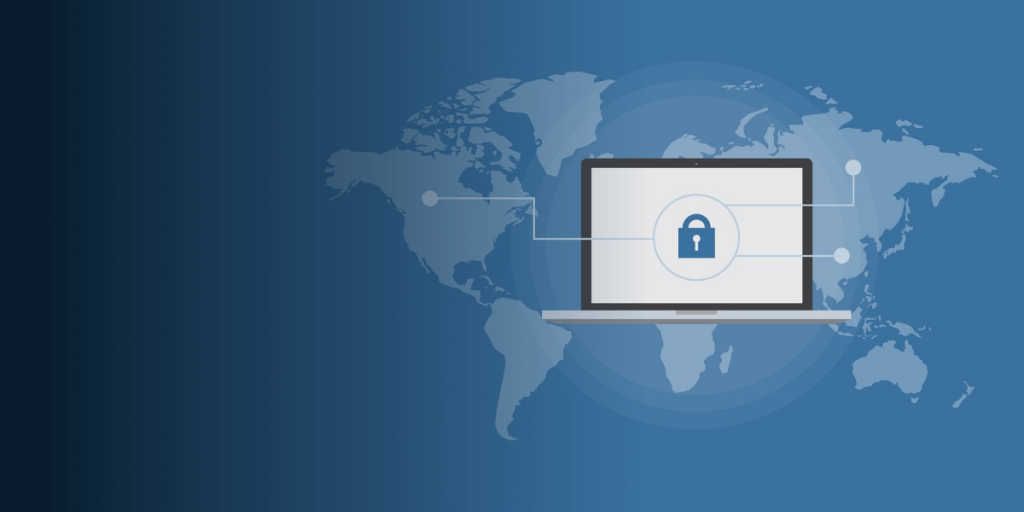
Now that you gained some knowledge about what are the most common attacks on websites, why you should consider better security for your site, and why do hackers target all types of businesses, it is time to find out how to keep your website safe from cyber attacks. We have created a list of measures you can take to reinforce your website security. Pay attention to the following aspects and keep your business healthy and safe:
1. HTTPS protocol
This is one of the first steps that should be on our priority list. HTTPS protocol shows your website visitors that they interact with a secure, proper server and nothing can alter the content they are seeing. When you use this protocol, the URL of your website is displayed as https://www.mysite.com, when you do not use this protocol, instead of https://, the browsers will display the message Not Secure, in front of your website address. Without HTTPS, the content of your pages can be altered by hackers and personal information such as login information and passwords of your site visitors can be stolen.
The benefits of HTTPS protocol are search ranking improvement, as Google rewards websites that have this security measure implemented. Besides, your visitors will know that their information is secure, which will increase the trust in your company.
This protocol can be improved by combining it with SSL encryption. We recommend this action for all websites, but we consider this to be a must-have for e-commerce websites, where users are offering very sensitive information such as credit card numbers, home addresses, and full names.
2. Software Updates
Software updates are crucial for the health of your website. Double-check that you have the latest version of your WordPress software or any other CMS (Content Management System) software, plugins, firewalls, etc., to keep everything running smoothly. Beside patching bugs and glitches of your website, software updates often bring security improvements.
Hackers will always look for a way to break your website and one of their favourite methods is to use automated attacks that use bots to scan your website for vulnerabilities. Being up to date with your software will minimize the risk of your website being hacked.
3. Strong Passwords
As a best practice is to change your password regularly every 6 months or every year. Also, we recommend you not to use a regular password or the same password across all your accounts. If a hacker is getting access to your weak password, they will try it for every account that you have. Keep in mind that 25% of passwords can be cracked in three seconds. What we suggest is to use a password manager such as 1Password that will generate long passwords with special characters, close to impossible to hack. To add an extra layer of security, consider using two-factor authentication.
4. Hosting Plan
What is important for you to know is that not all hosting providers offer security services, even if they have their servers secured. We do not recommend a shared hosting plan because it is not the most secure choice for you. Indeed, this type of hosting plan is the most appealing in terms of price, but it is not a safe option. If any of the sites that use the same server as you get attacked, your website may be hurt even if it is not directly targeted. A shared hosting plan can be a choice for you, but if you want to have better website security we suggest to go with a Cloud or VPS option.
5. Automatic Backups
Despite all your efforts to enforce the security of your website, the risk of a cyber attack will never be zero. In the case of damage in your website functionality, you would want a way to recover your data fast. What we strongly recommend is to have a local backup of your entire web application and also an external backup that is not directly connected to your application. You will want to be prepared and to know that all your content and databases are completely backed up. If you are using WordPress, you can try a backup plugin such as BackupBuddy. Some of these automatic backup plugins come with already built-in security solutions, which will reinforce your website security.
6. Monitoring
Monitoring cannot be done manually, therefore, look for tools and resources that will take care of your website security monitoring. If your website is built on the WordPress platform, look for the security plugins and add a firewall to double the fighting against malware, spam, and real-time threats. If you use another CMS platform, look for endpoint security software for malware scanning. By monitoring your website security and running security audits regularly, you will know all the vulnerabilities of your website and you can take the right measures to prevent an attack.
7. 2 Extra Steps for Extra Website Security
Now we are going to give you 2 more actions to add more security layers for your website. The first one is to change some default settings of your CMS. Hackers will program bots to search and find sites with default settings to target a wide range of websites and use the same malware and viruses to gain access to your information. After your CMS installation, change the settings for comments, user controls, file permission, and the visibility of information.
Another action to take for your reinforced security measures is to restrict the file uploads. Letting users upload files to your website can be risky because their files can contain scripts that take advantage of your website vulnerabilities. What you can do is to create a list with accepted file extensions, use file type verification, have a maximum file size, scan the files for malware, automatically rename the files after the upload, host the upload file outside of your webroot.
Our Expertise
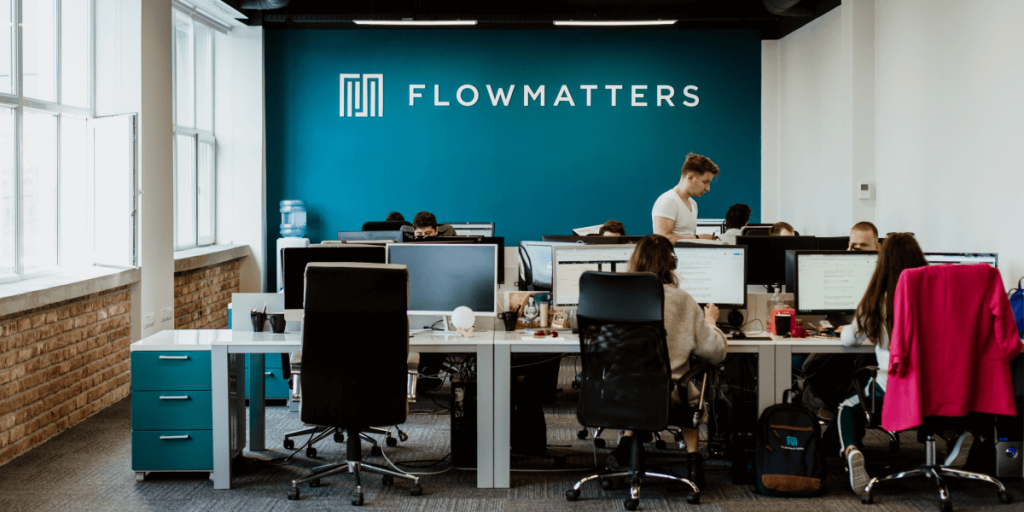
When it comes to application security solutions we have a wide range of experience, as our speciality is to build custom CRM and CMS solutions for our partners. Therefore, we take all the right measures to ensure the security of sensitive data, user-level roles, and file permissions, especially when we talk about CRM development. When it comes to custom CMS our focus is to create a custom code that is very difficult, or even impossible for hackers to find vulnerabilities.
We believe that having a relationship with an agency that provides security services can save your business when it comes to protecting your website. There are many security measures that are wise to be handled by an expert. Partnering up with a team of experts will not only save you money in the long term but will ensure the stability of your SEO efforts, will keep a trustful relationship with your customers, will make sure that your site is healthy and runs smoothly.
Contact us and let’s talk about how to create bulletproof security for your website and keep your business safe and running.
Frequently Asked Questions
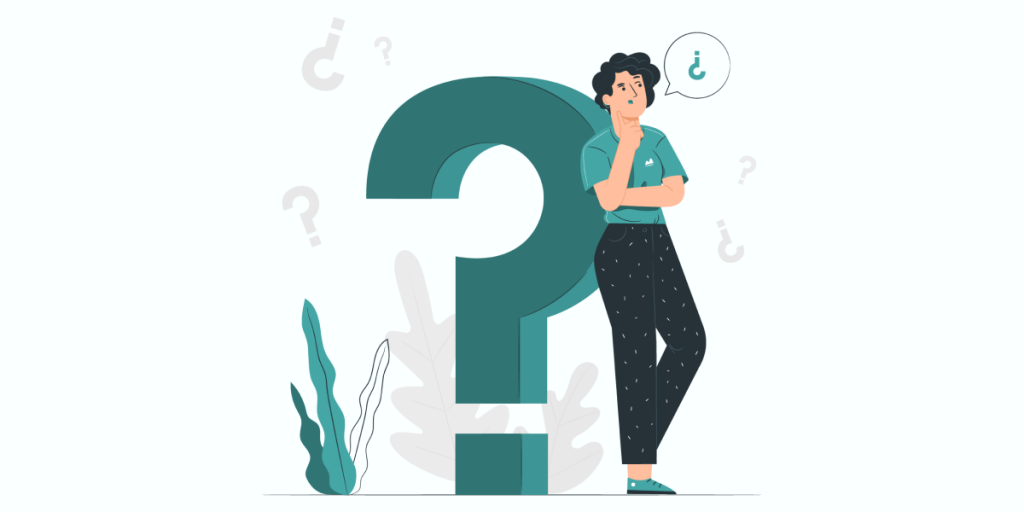
The first cause of data breaches are weak and stolen credentials (passwords), followed by back door attacks or application vulnerabilities, and in the third-place are malware and viruses.
According to the University of Maryland, hackers attack every 39 seconds. On average that is 2.244 times a day.
Based on the report of Security Intelligence, the average cost of a data breach in 2019 was 3.92 million dollars.
The answer is simple, but the implementation requires a bit more effort. To keep your business safe and improve cybersecurity take basic actions such as vulnerability assessments, security patching, proper configurations, and update any outdated software.
Unfortunately, WordPress is the most targeted platform because it has a massive user-base and it is an open-source. But, the problem is not the platform itself, but the third-party plugins. 98% of WordPress vulnerabilities stand in their plugins and the most popular vulnerability types are cross-site scripting and SQL Injection.